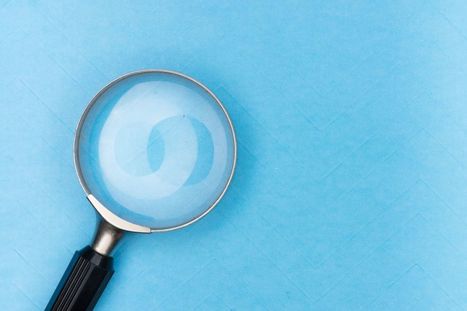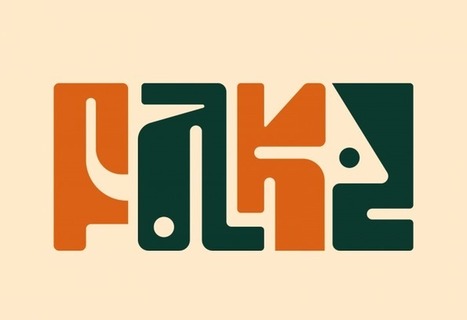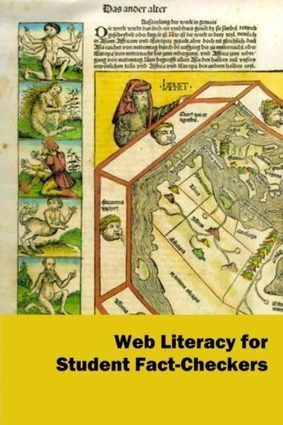One of the biggest challenges facing teachers as they head back to school in the ‘new normal’ of remote learning environments is trying to make sure that students are using research sources that are safe and unbiased.
These fact-checking sites for students and other online resources (in alphabetical order) specialize in debunking claims and providing objective, researched analysis.
Research and publish the best content.
Get Started for FREE
Sign up with Facebook Sign up with X
I don't have a Facebook or a X account
Already have an account: Login
News, reviews, resources for AI, iTech, MakerEd, Coding and more ....
Curated by
John Evans
 Your new post is loading... Your new post is loading...
 Your new post is loading... Your new post is loading...

Caitlin Muller's curator insight,
May 2, 2018 12:18 AM
We assume that students know how to evaluate what they read on the web. But this simply isn't the case- this article points out how teachers need to teach students to become 'web detectives' to analyse information to see if its factual and accurate. It also gives links to websites that help students discern information. I can see how this would help immensely in the history classroom in helping students gather information for research essays.

Laura Lloyd's curator insight,
May 22, 2018 10:30 PM
Students need to be taught fundamental skills in online research. This impacts across all subject areas. The proliferation of dubious websites, fake news and erroneous facts that can be found on the web is staggering. Students have all the of the access capabilities, however, need scaffolded support to identify websites suitable for school research purposes. 
Hannah Vaughan's comment,
May 30, 2018 10:19 PM
Thanks Laura. I think as educators we can also be blinded and not check our sources. Especially if we are busy or stressed, we might rush through our research and provide a poor source. Thanks for this timely reminder of getting students, and teachers to check the reliability and validity of internet sources.
|
|















